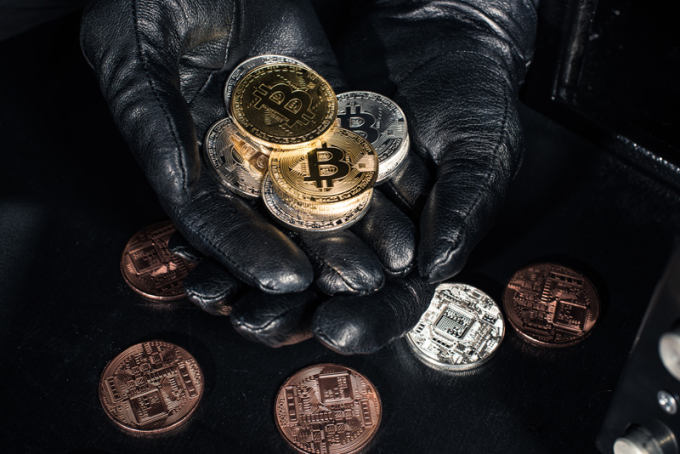
Last week, federal prosecutors charged Delaney Equity Group with participating in a fraudulent scheme involving the sale of bogus shell company shares. The Florida-based broker-dealer allegedly conspired to sell shares of fraudulent microcap companies to investors at a profit. The Department of Justice has accused the defendant of “unlawfully” selling “unregistered securities” between late 2009 and mid 2013.
According to prosecutors, Delaney Equity Group recruited individuals to pose as CEOs for shell companies which were used to fraudulently register securities with the SEC. In order to be able to market shares of the shell companies, Delaney and the straw CEOs allegedly submitted numerous fraudulent documents to government agencies. Among other falsehoods, the documents stated that the ‘CEOs’ owned a control block of restricted shares in their respective companies.
Delaney Equity Group could be fined up to $500,000 or double the proceeds from the misconduct. The case has been assigned to Miami District Judge Cecilia M. Altonaga.
 FINRA Lawyer Blog
FINRA Lawyer Blog
















